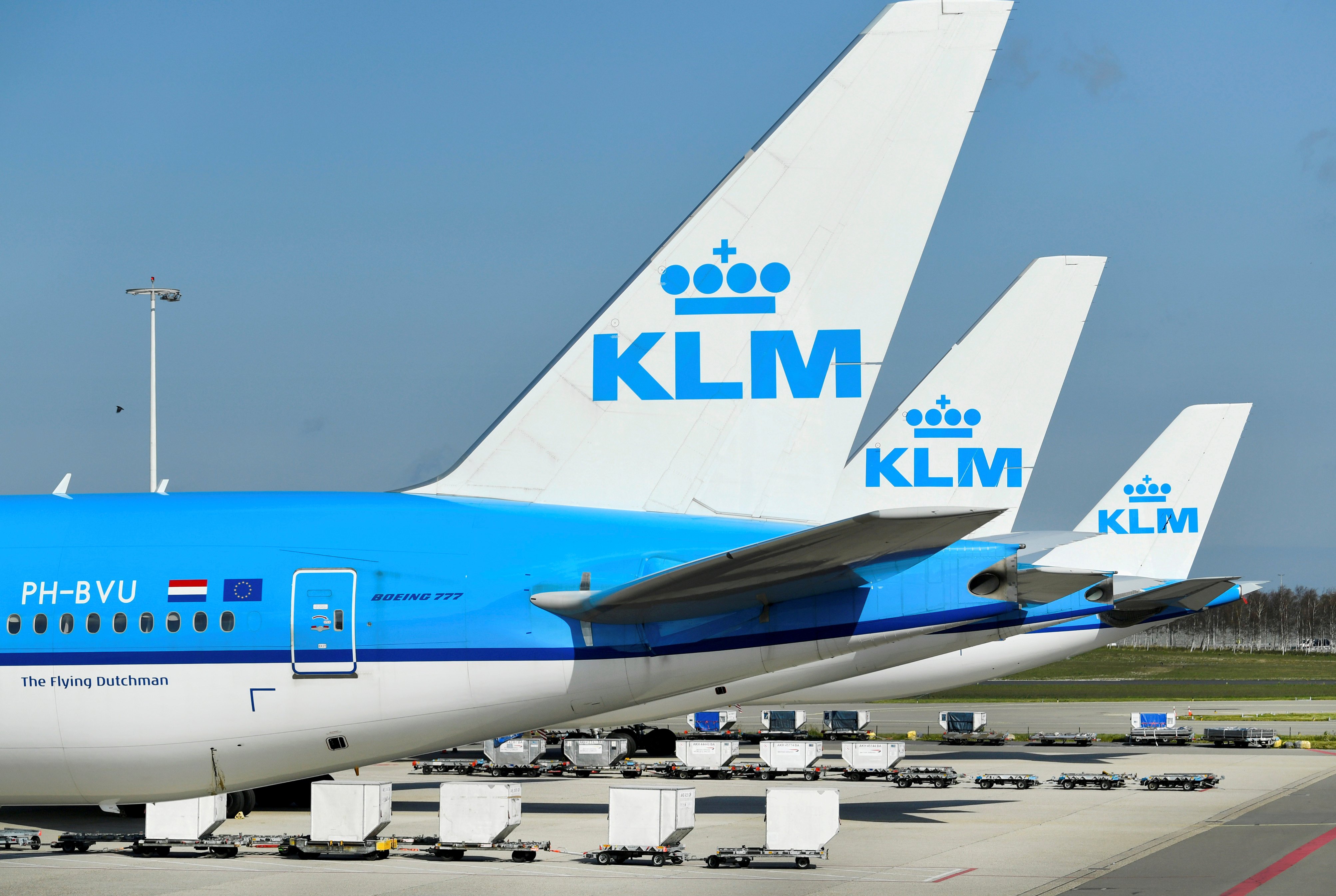


Marjan Rintel, President & CEO of KLM, wrote to the Ministry of Infrastructure and Water Management (I&W) on the apprehension of future of Amsterdam Schiphol Airport, if a careless decision is made by the Government of Netherlands.
The Dutch flag bearer KLM has called on the Government to revise its noise pollution strategy at Amsterdam's Schiphol Airport. Rather than reducing the number of flights, KLM suggests encouraging the use of quieter aircraft.
KLM's letter to the minister reads,
KLM supports the government's wish to achieve a better balance between the interests of local residents and the economic importance of Schiphol and aviation. We endorse the goal of achieving a 20% reduction in noise pollution. Additionally, we believe that the legal protection of local residents must be properly addressed.
The government is reportedly on the verge of making a significant decision that could have unnecessarily large negative consequences for the future of Schiphol, for KLM, and for the connectivity of the Netherlands with the rest of the world.
This leads to a decision-making process that is inconsistent with the essence of a correct and careful Balanced Approach, where achieving the intended policy goal—noise reduction—is central. Reduction of flight movements is not an end in itself, may not be legally sustainable, and carries the risk of retaliation.
The Dutch government is on the verge of announcement of a new flight cap this month, that may reduce the annual limit of flights from 500,000 to around 475,000.
On this upcoimng decision, KLM, the largest carrier at Schiphol, bats for the noise reduction that could be achieved by replacing older noisy aircraft with latest models.
The letter further read,
I am writing to you because I want to prevent the government from making a careless and incomplete decision. Your ministry seems to be steering towards shrinkage, while this is not necessary to achieve the noise goal.
KLM boss Marjan Rintel, in the open letter to Infrastructure Minister Barry Madlener, highlighted that the major noise reduction could be achieved from upgrading aircraft. In her proposal, she asked the Ministry to consider higher tariffs for older plane models to encourage the operators to acquire newer and quieter models.
In her letter to the Ministry, while specifying the road blocks towards achieving a balanced approach on the growth of Schiphol, she also blamed the calculation model used by the Ministry of Infrastructure and Water Management (I&W), as among the outdated to forecast the current and furture needs of the largest Airport of Netherlands.
She tried to draw attention on three points, saying, these are the scenario going wrong to achieve a noise reduction goal.
The calculation model used by the Ministry of Infrastructure and Water Management (I&W) has been a major stumbling block for months. The sector, Schiphol, and we ourselves have continuously provided input to improve this model so that the government decision can be made properly and carefully.
She said to have pointed out the following points to the I&W ministry:
Marjan Rintel also raised a possibility of retaliatory measures from other countries, that includes the United States, which could affect KLM's landing rights. she said,
The Ministry of I&W also overlooks the fact that, in the event of a reduction in the number of flights, there are significant retaliation risks from the United States and other countries. This means that the impact on KLM's network is much greater than the proposed reduction, as KLM cannot choose which flights to cut when the US and other countries impose retaliatory measures.
The fact that retaliation is not a theoretical risk became apparent last year when the Ministry of I&W, under your predecessor, presented a reduction scenario that did not meet the requirements of the Balanced Approach and was subsequently taken off the table.
Related news.....
As per her, this decision-making process is inconsistent with the essence of a correct and careful Balanced Approach, which should lead to the balance your government is seeking according to the Coalition Agreement.
She urged the minister once again to consider the package of measures described in the sector plan Cleaner, Quieter, More Efficient, with which we can achieve a significant reduction in noise pollution by November 1, 2025. This is possible if the identified shortcomings in the model and the assumptions of I&W are corrected.
She also promised measures in the direction of reducing noise pollution as below:
She concluded the open letter saying,
KLM, like Schiphol and the other involved sector parties, remains ready to support you, the ministry, and the government in the search for a better balance between the interests of local residents and the indispensable pillar that aviation is for Dutch society and the millions of Dutch people who travel with us every year.
You may like to read......
